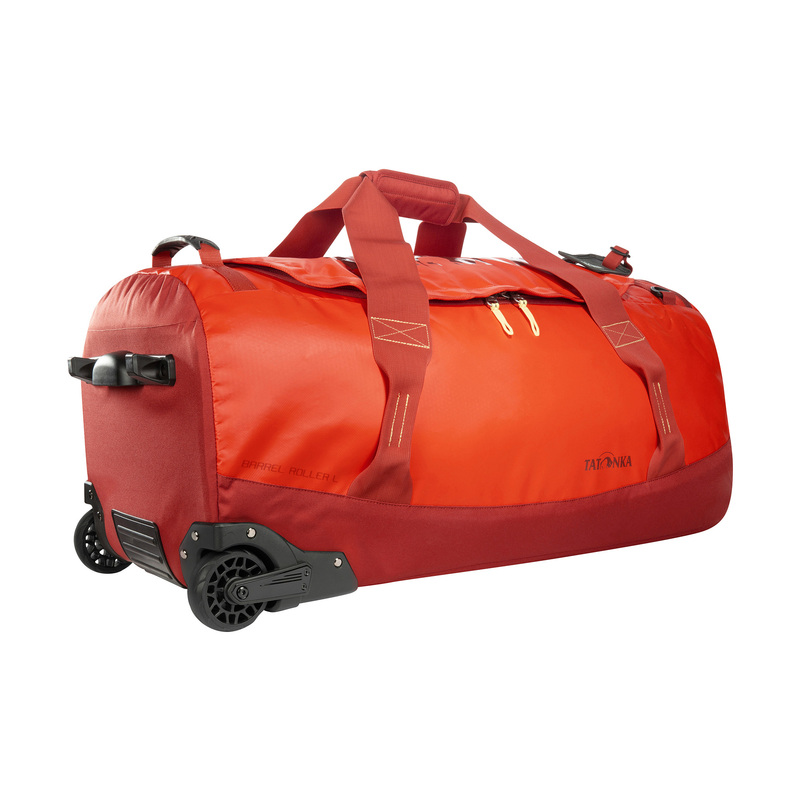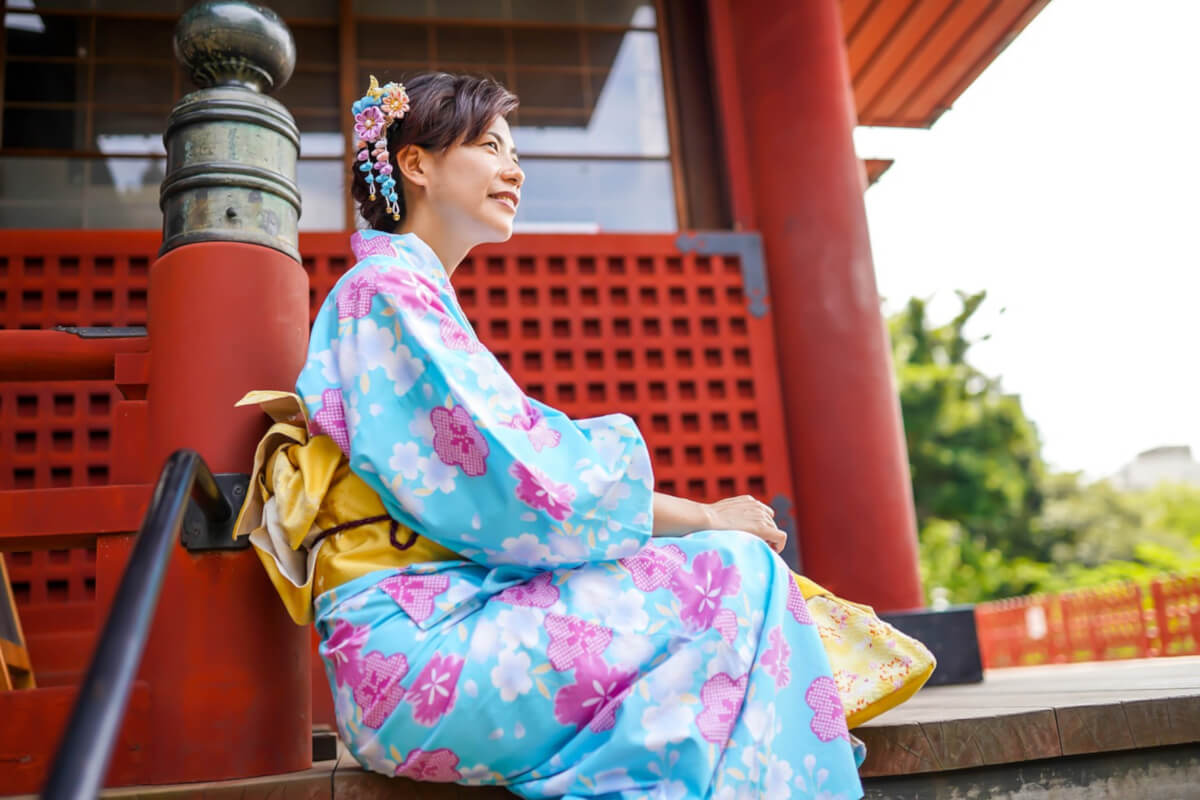Japan is a classic place of longing for many travelers. There are so many novel things to experience there: From vibrant megacities like Tokyo to complete seclusion in the wilds of Hokkaido, you’re sure to find something you haven’t seen anywhere else. Add to that cultural highlights like the fascinating Shinto religion and the strict code of conduct that sometimes resembles ours and then seems completely alien.
Writing a cultural etiquette book about Japan can be a very extensive task. In the Land of the Rising Sun, there is a system of behavior and politeness to which even foreigners must submit. On the one hand, this is a lot of fun (after all, you travel to discover other cultures), but on the other hand, dealing with locals is a minefield that must be carefully navigated. Therefore, this article is certainly not enough to prepare you for your trip to Japan. But it can give you a first overview of the most important rules of conduct for Japan.
Communication
Let’s start with communication. You won’t be able to get by in Japan without communicating with the locals. Unlike in Southeast Asia, for example, Japan is not dependent on tourism. Therefore, individual travelers are not made easy everywhere with English-speaking signs or tourist-friendly infrastructure. Politeness and respect can be the key to some information – and to the heart of the person giving the information.
Many bows instead of handshakes
To greet each other, the Japanese do not hug, but bow with a straight back. This is also hierarchical: The old are above the younger, guests above hosts, men above women. For travelers, a medium bow or simply a respectful inclination of the head is recommended until you have roughly understood how this system works.
When you call your interlocutor by name, add an “-san” to the name (for example, “Yuma-san”). This is a sign of politeness. However, you never add anything to your own name.
No is not possible!
A particularly difficult peculiarity of Japanese communication: you should never use the word “no”, even if you really want to deny something. This is interpreted as extremely impolite. The Japanese are masters in the fine art of subtext. You must somehow manage to communicate your denial in a different way.
Travelers are naturally looked down upon a bit more than compatriots here. As in all (Asian) cultures, politeness is key. Don’t barge in, but try to communicate your request discreetly. Also always good: Apologize for EVERYTHING. This expresses maximum respect and restraint.
Also interesting: Backpacking guide Japan – hiking and culture in the land of the rising sun
Business cards as a part of personality
Business cards are an essential part of Japanese identity. You should definitely have some with you – in perfect condition. In Japan, everyone hands out business cards, even housewives. You hand them over with a slight bow and both hands. During a visit to a restaurant, the card remains on the table. Do not make any notes etc. on it!
Otherwise, as in Germany, punctuality is important: Don’t be late, but don’t be early either. Another curiosity: Japanese people smile and bow when talking on the phone! They believe that the person they are talking to will notice.
As a guest at home
If you are invited home, take off your shoes before entering. Make sure the tops of your shoes are facing the front door. Often you will be given house slippers, but you should remove them before entering rice mats. Therefore, it is also important that your socks have no holes and your feet are odorless. Very important: There are toilet slippers – but you have to take them off after using the toilet!
You will certainly want to look around your host’s home with interest. This is generally not a problem, but please note: If you show special interest in an object in the apartment, you unconsciously force the host to give you the object of desire. Therefore, be cautious.

our Trolley Barrel Roller made of almost indestructible and easy-care truck tarpaulin material is exactly the right companion for your trip to Japan. And with 60 or 80 liters volume it offers enough space for your vacation souvenirs.
The right hostess gift
If you bring a hostess gift (which we highly recommend!), make sure that it is not too expensive and not too cheap. You will score points with “typical German” kitsch, but you will scare people if you bring quartets (unlucky number 4), white flowers (color of mourning) or scissors (symbolizing the breaking of friendship ties). Also, present your gift with both hands to show that it comes from the heart.
In general, use both hands when giving things. Even with money and especially with business cards, anything else would be rude.
When eating
Japanese cuisine is one of the best in the world. Exploring it, however, comes – of course – with a lot of rules and blunders you could put your foot in. Soups, for example, are slurped rather than spooned. This is very contrary to European eating habits, but in Japan it’s part of good manners. You also take rice and soup bowls in your hand and push the food into your mouth with the chopsticks. This way you avoid embarrassing spills.
A gross faux pas is to put your chopsticks vertically into your food. This is reserved for offerings to the deceased. Put your chopsticks next to the bowl when you don’t need them.
You should never refill your drink yourself. Your interlocutor will do that for you – and you in turn will do it for him. If you don’t want anything else, leave your glass half full. By the way, it’s okay to speak your mind bluntly when drunk – but only then!
In Japan, tipping is not done. It is assumed that the service is basically good. Likewise, please don’t count your change right in front of the clerk, because he might interpret that as distrust – and you’ll make him lose face.
In public
A rule of conduct that requires almost inhuman discipline: Never sneeze in public! Blowing your nose in public is also frowned upon. Retreat to a quiet place to blow your nose, such as a restroom.
Eating in public is also frowned upon. Eating your bento on the train is fine, but definitely not a fish sandwich with lots of sauce or other food that is prone to spills.
Contenance!
And just as in all of Asia, exaggerated emotional outbursts are not welcome in Japan. If something doesn’t go according to plan, be sure to stay calm. First of all, an outburst of anger will rarely change the situation, and secondly, you will lose face in front of the Japanese – and then you will not be helped at all.
As you can see, Japan is a cultural challenge – but one that is well worth it. This country allows you to really immerse yourself in a foreign culture and learn something new. We wish you a lot of fun on your discovery tour!
For more information on Japan, including travel advice and addresses of German missions, please visit the website of the German Foreign Office.
Quick facts about Japan
- Official language: Japanese
- Form of government: Parliamentary democracy
- Population: approx. 126.8 million
- Capital: Tokyo (approx. 9.6 million inhabitants, metropolitan area approx. 38.5 million)
- Currency: Yen (JPY)
- Time zone: UTC +9
- Best time to visit: all year round, depending on planned activities and place of stay
- Climatically warmest period: May to September
- Telephone area code: +81







